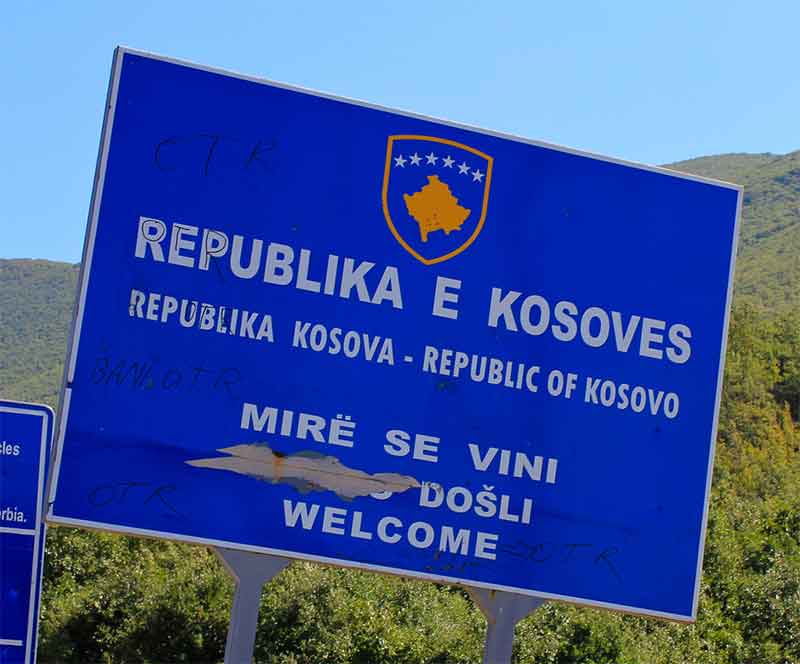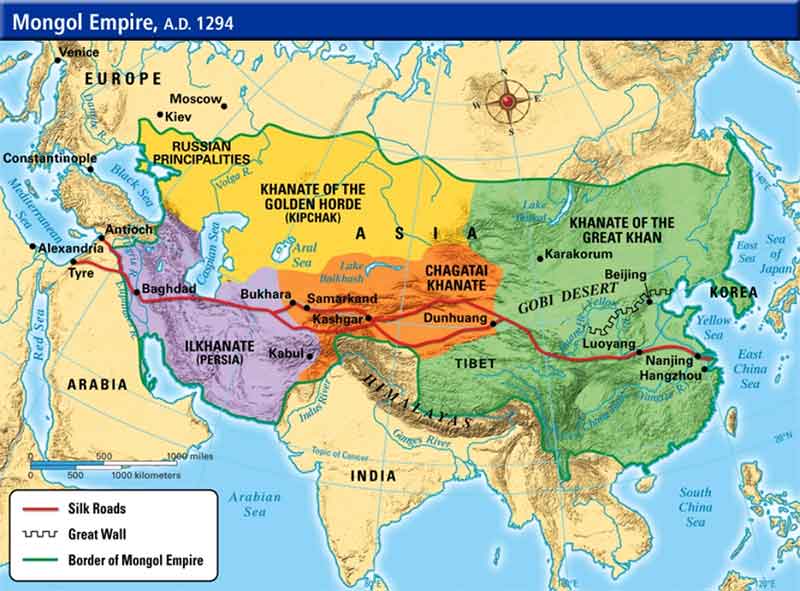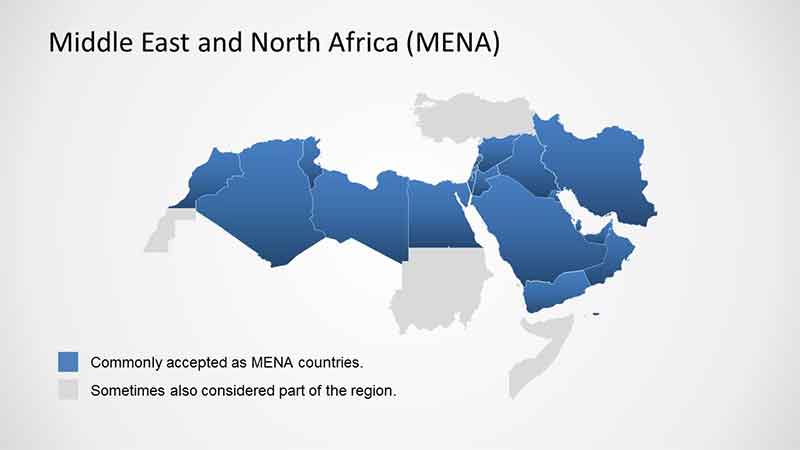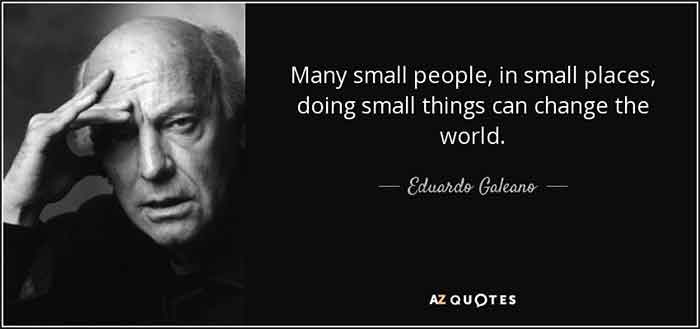
There are many official and unofficial as well as academic and non-academic approaches and formal/informal definitions of politics and its functioning in society. However, as the most universal concept, it can be concluded that politics is simply the ability to direct and administer a state (in ancient Greek – polis or a city-state) or some other political organizations (like multilateral, international, supranational, etc.). In essence, the administration of the state or other political subjects is a matter of art.
The state can be defined as a political association that establishes autonomous/sovereign jurisdiction within defined territorial borders. In addition, sovereignty is the practice of superior political authority that is reflected by the state to be the only and superior creator of laws and power to protect them within the borders of the state (real or imaginable). In practice, there are two types of state sovereignty: external and internal.
External (political) sovereignty considers the state’s ability to act as an independent actor in international relations. However, practically, it implies two crucial points:
1) That states have to be from different viewpoints (or at least legal) equal in relations with each other; and
2) That the territorial integrity followed by the political independence of a state is inviolable.
Internal (political) sovereignty of the state, however, refers to the territory within the state borders by the supreme political power (government, in practice backed by armed security forces). Finally, politics is closely related to the concept of authority which is the ability to influence the politics of others, basically, based on required duty and obey.
Nevertheless, as can be expected, the understanding and especially some official definitions of politics is historically speaking very highly and even essentially contested matter. In practice, there exists a high degree of disagreement about very practical issues on which aspects of social life and human environments can be applied to the art of politics. According to one approach, a person by birth is political which simply means in the practice that the fundamental essence of political life is going to be seen in any inter-human relationship including, for instance, gender relations (male/female). However, in popular usage around the world (but especially in the West), the restricted framework for politics is designed. In order words, it is, basically, understood that politics is working only on the governmental level dealing with state affairs. In Western societies, politics, in addition, has to involve political party competition followed by multiparty elections for different levels of authority. In general, politics as a sociohistorical phenomenon is extremely limited in both space and time.
The traditional understanding of the phenomenon of politics was that it is “the art and science of government” or “management of the state affairs”. However, in this case, the practical problem is still unresolved: it was never reached a common agreement about the scope of which activities and levels of state management the government is responsible for. For instance, some of the focal questions are:
1) Is the government restricted only to state affairs?;
2) Does the government have the right to interfere in the affairs of the church, local community, or family?;
3) Does the government take place in a (liberal) economy?; etc.
Historically, the philosophers of political science have been dealing with two crucial questions applied to the phenomenon of politics:
1) Do other creatures except human beings exercise politics; and
2) Is it possible for society to exist without politics?
Some of them claimed that other creatures (like bees) have politics and that some kind of society, at least theoretically, (like Utopian) can exist without politics. In practice, nonetheless, politics is applied only to human beings; in other words, to those beings who can communicate symbolically and as a result make statements, accept certain principles, argue, and finally disagree. For instance, politics happens in cases when human beings argue about some practical issues in their societies and have certain procedures to resolve the problem in order to find a common agreement acceptable at least by the arithmetic majority (democracy) but not necessary. In the Western (liberal democratic) concept of politics, no (real) politics in cases when there is a monolithic and total agreement on the rights and duties in a society (for example, in the one-party dictatorial/totalitarian system).
However, from the broadest viewpoint, politics refers to certain activities used by human beings to create, defend, and change rules on different levels under which they are living. Politics was all the time closely linked to both conflicts and cooperations and agreements and disagreements. From one viewpoint, there is the practice of opposite arguments, opposite wishes on how to solve the problem, competing political, economic, social, etc. wishes, and beating the interests of the others. In this case, there is disagreement about the rules under which the people of certain societies are living. However, in many practical cases, for the sake of influencing such rules (law) or forcing their practical implementation, people can work with other people. Nevertheless, politics in essence is an extremely contested phenomenon as it was historically understood as the art of government/state, as public affairs in most general viewpoints, as the non-violent resolution of different disputes, and, finally, as power and the distribution of various kinds of resources. Finally, statecraft (political management of the state) can be defined as the art of conducting public affairs and foreign politics to realize national interest: goals of state foreign policy for (supposedly) the benefit of society.
In any case of the acting of the state as an independent political actor either in inner or outer politics, the possession of real power is necessary. The phenomenon of political power can be understood as the ability to influence the results of certain actions, which includes the ability of the state to manage political and other affairs within its own borders without the interference of other (outside) political actors. In this sense, state politics and power are in very close relations, basically synonyms.
Dr. Vladislav B. Sotirovic, Ex-University Professor, Research Fellow at Centre for Geostrategic Studies, Belgrade, Serbia
[email protected] © Vladislav B. Sotirovic 2023
Personal disclaimer: The author writes for this publication in a private capacity which is unrepresentative of anyone or any organization except for his own personal views. Nothing written by the author should ever be conflated with the editorial views or official positions of any other media outlet or institution.
















































